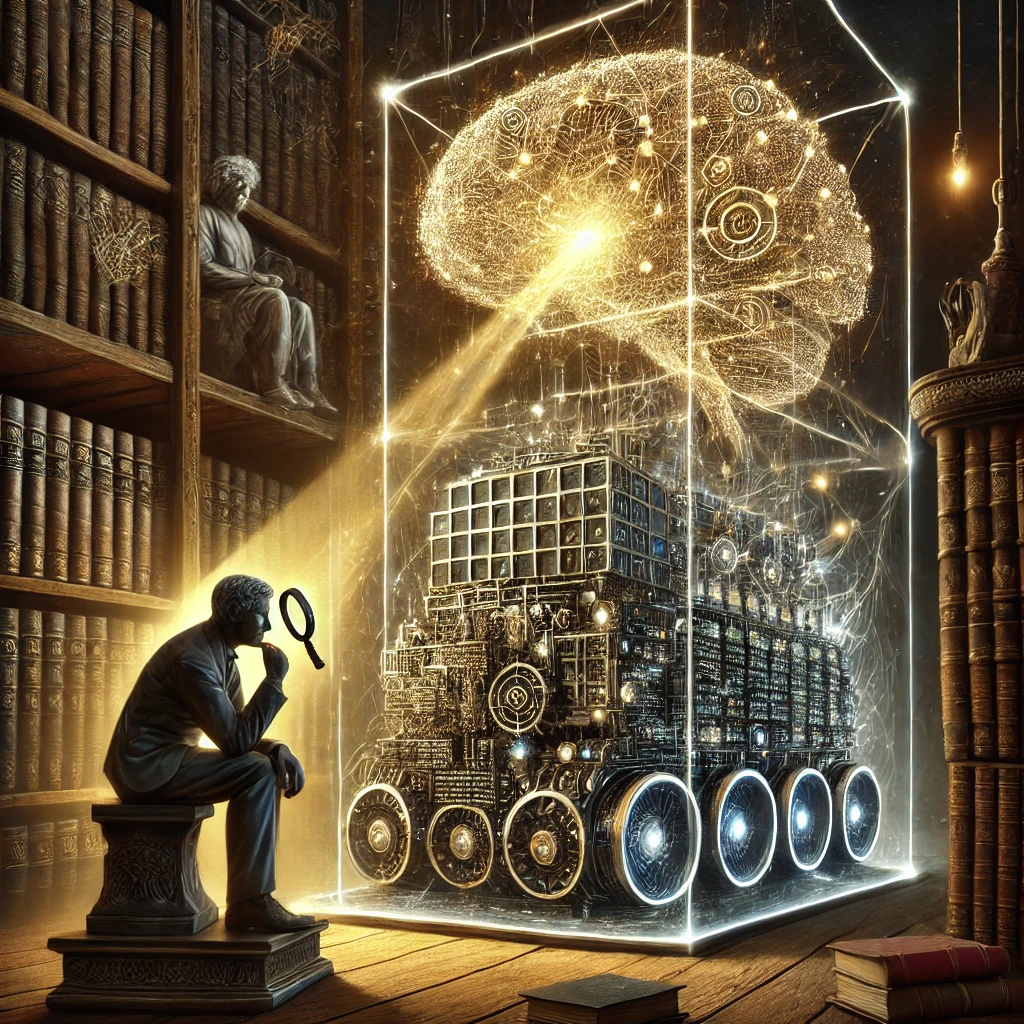AI and the Construction of Collective Knowledge: Critical and Epistemological Perspectives
Epistemology, or the theory of knowledge, is concerned with how we acquire, justify, and validate knowledge. With the advent of artificial intelligence (AI), these questions take on a new dimension. AI plays an increasingly important role in structuring collective knowledge, but this phenomenon raises deep epistemological questions. To what extent can AI systems be considered reliable sources of knowledge? What are the biases and limitations in their production of knowledge? This critical article explores these issues by integrating key epistemological concepts, while relying on academic references.
Human Knowledge vs. Algorithmic Knowledge
The first central epistemological question concerns the nature of knowledge generated by AI. Traditionally, knowledge is defined as a “justified true belief” (Plato). However, AI lacks beliefs or consciousness: it manipulates data to extract predictive models or information. Can we therefore speak of “knowledge” in the traditional sense?
Epistemological Reference: In Bertrand Russell’s The Problems of Philosophy (1912), Russell distinguishes between direct knowledge, based on personal experience, and indirect knowledge, obtained through inference. AI systems, learning from historical data, primarily operate through inference but without genuine human experience or subjectivity.
Critical Issue: The knowledge generated by AI relies on statistical models and is not necessarily justified transparently, which raises questions about the validity and epistemic justification of this knowledge. AI may provide predictive answers, but this does not guarantee their truth or their deep understanding of the phenomena they address.

0 Comments